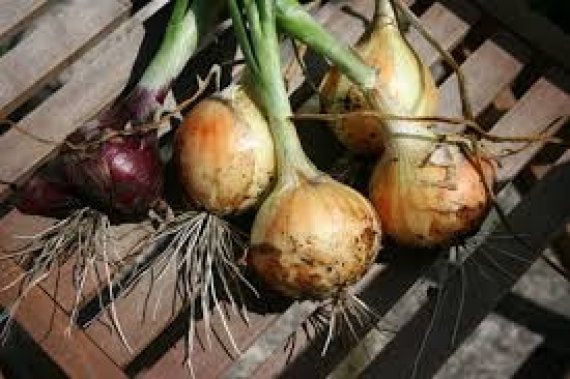In his doctoral research, Osman studied whether, in addition to regular grains and vegetables, plant breeding companies are developing suitable varieties for the organic sector. Currently, this is often not the case because the requirements for crops are different in the organic sector. For wheat and onions, Osman studied how plant breeders can take account of the organic niche market.
At present, the organic sector in the Netherlands has just one suitable wheat variety. This is an old variety that has almost lost its resistance to brown rust disease. New varieties are needed for the organic market, but no progress in this direction is being made.
The onion is a different story. For the onion, the organic sector badly needs resistance against leaf blight and false mildew. Plant breeders are seeking to solve this problem by cross-breeding the resistance genes from the wild onion, but that is proving a long and difficult road. Varieties with resistance to false mildew have recently become available, but this resistance relies on a single gene. And so, Osman believes, plant breeders should also consider partial resistance, which involves several genes offering some protection.
Developing a new variety is a very expensive business, says Osman, so it is important for the organic sector that the development costs are kept low. This can be achieved by forming a consortium consisting of a plant breeding company and organic growers who cooperate to develop a better variety and who reach good agreements about payment. As long as you keep the improved seed within the consortium and don’t release it commercially, you can avoid the costly variety registration, says Osman. This raises new possibilities for developing varieties for the organic market.
Aart Osman received his doctorate on 2 September. His supervisors were Edith Lammerts van Bueren, Professor of Organic Plant Breeding, and Paul Struik, Professor of Crop Physiology

